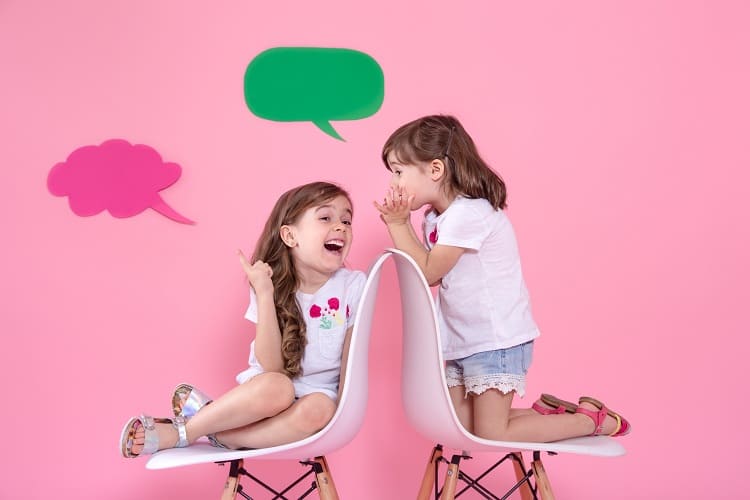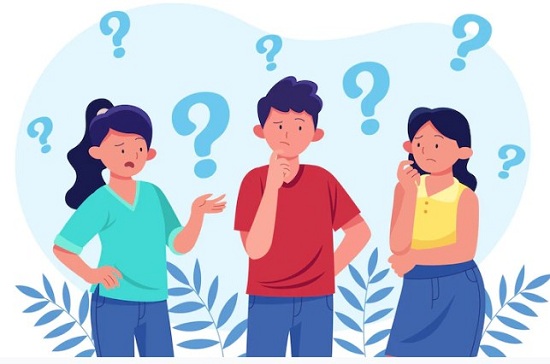What is the social learning theory?


Albert Bandura’s social learning theory emphasizes the necessity of observing, modeling, and mimicking others’ behaviors, attitudes, and emotional reactions. Environmental and cognitive factors interact to influence human learning and behavior, according to social learning theory.
Albert Bandura (1977) agrees with the behaviorist learning theories of classical conditioning and operant conditioning in social learning theory. He does, however, add two key points:
- Between inputs and responses, mediating processes take place.
- Observational learning is a method of learning behavior from the environment.
Learning courses for your kids! Get free trial here


1. Observational learning
Children witness people in their environment behaving in a variety of ways. This is demonstrated in the well-known Bobo doll experiment (Bandura, 1961).
Models are people who have been observed. Children are surrounded by numerous influence models in society, including their parents, characters on children’s television, peers from their peer group, and teachers at school. These models show how to observe and replicate different types of conduct, such as masculine and feminine, pro and anti-social, and so on.
Some of these persons (models) attract children’s attention and influence their conduct. They may emulate (i.e., duplicate) the conduct they have watched at a later period.
They may do so regardless of whether the conduct is ‘gender acceptable,’ but there are a number of mechanisms that increase the likelihood that a youngster would repeat the behaviour that its culture considers appropriate for its gender.
Also Read : Do you know anything about Types of Play for children?
Mediational Learning
Processes of Mediation
SLT is frequently referred to as a ‘bridge’ between classical learning theory (i.e., behaviourism) and cognitive learning theory. This is due to the fact that it emphasises on the role of mental (cognitive) components in learning.
Bandura (1977), unlike Skinner, believes that humans are active information processors who consider the relationship between their actions and their effects.
Cognitive processes are required for observational learning to take place. These mental elements intervene (mediate) in the learning process to determine whether a new response is learned.
Bandura proposes four types of mediational processes:
a. Attention: The individual must pay close attention to the behaviour and its repercussions, as well as build a mental image of the behaviour. A conduct must catch our attention in order to be imitated. On a daily basis, we notice a variety of behaviours, many of which are unremarkable. As a result, whether a conduct motivates others to imitate it is vitally essential.
b. Retention: It refers to how well a particular behaviour is recalled. Although the conduct is observed, it is not always remembered, which prevents imitation. As a result, it’s critical that the observer creates a memory of the act so that it can be repeated later.Because a lot of social learning takes time, this technique is especially important in those situations. There must be a memory to refer to even if the conduct is repeated immediately after viewing it.
c. Reproduction: This is the ability to repeat the behaviour indicated by the model. On a daily basis, we encounter a lot of behaviour that we’d like to be able to replicate, but it’s not always attainable. We are limited by our physical abilities, therefore we cannot replicate the behaviour even if we wanted to.This has an impact on whether or not we strive to emulate it. Consider a 90-year-old lady who is unable to move while watching Dancing on Ice. She may see the skill as desired, but she will not strive to duplicate it due to her physical limitations.
d. Motivation: is the desire to carry out a specific action. The observer will analyse the consequences of a behaviour’s rewards and punishments. If the observed behaviour’s perceived benefits surpass the observed drawbacks (if any), the observer is more likely to replicate it. If the observer does not believe the vicarious reinforcement is important enough, they will not mimic the activity.
Learning courses for your kids! Get free trial here
The social learning theory does not account for all types of behaviour. This is especially true when there is no obvious role model to imitate in the person’s life for a certain habit.
Mirror neurons have provided biophysical evidence for the hypothesis of social learning. The new finding of “mirror neurons” in monkeys may provide a neurological basis for imitation, despite the fact that research is still in its early stages. These are neurons that fire both when the animal performs an action and when it witnesses another person performing one.
You can now easily incorporate all these important social learnings in your childs’ life through the online Montessori school’s like Real School and develop all the important skills in your child at the right time.
Also Read : 5 Important Social Skills that Your Child Might Be missing!
Recent Posts
What are the Advantages of Online Teaching at The Real School?
In the article -"What are the Advantages of Online Teaching at The Real School?" we…
What is the Full Form of School?: Unveiling the Acronym
The term "school" carries profound significance in the realm of education, representing more than just…
What is Math Full Form?: Cracking the Code
Mathematics, often referred to as "Math," is a subject that elicits various reactions from students…
What is Full Form of Homework?: Decoding Academics
Homework, an integral part of the academic journey, often raises questions about its purpose and…
What is Full Form of Teacher?: Demystifying Education
In the intricate tapestry of education, teachers stand as the pillars shaping the intellectual and…
What is Real Education?: Discovering Its Essence and Impact
The concept of real education is evolving, transcending traditional views that equate it solely with…


